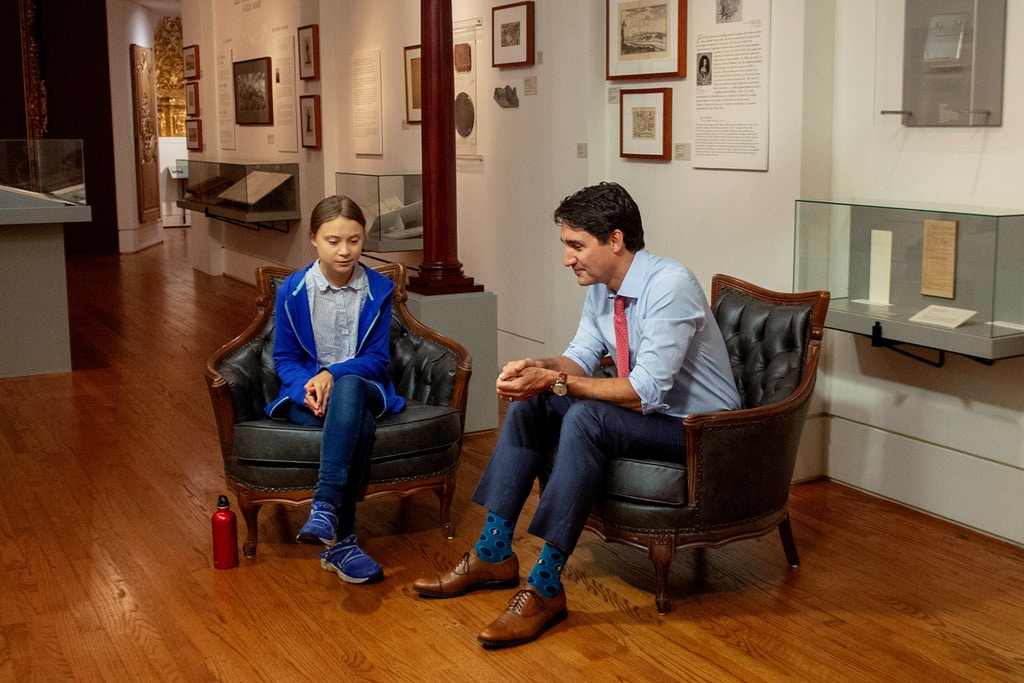This article by Alleen Brown was published in The Intercept on December 13th, 2019.
And yet here again, decent youth climate activists are already confused about whether to take money from this fossil fuel corporation vs that renewable energy corporation. It should be a no brainer. And the fact that it is not speaks volumes about how far down the rabbit hole our own activist culture has already slid.
THE SAME DAY that 16-year-old climate activist Greta Thunberg gave a stirring speech at the United Nations Climate Action Summit in September, in which she criticized delegates for “stealing my dreams and my childhood with your empty words,” the architects of the climate crisis welcomed select youth participants from the summit to dine.
CEOs from fossil fuel corporations including BP, Royal Dutch Shell, and Norway’s Equinor were attending the annual gathering of the Oil and Gas Climate Initiative in New York, which includes industry leaders who claim to be committed to taking “practical” action on climate change. On the agenda for lunch was to “explore options for long-term engagement” with young people the industry could trust. Student Energy, a nonprofit based in Alberta, near Canada’s tar sands region, helped organize the event, which included time for students to grill the CEOs about their inaction on climate change.
Tension in the room was high, Student Energy’s executive director, 30-year-old Meredith Adler, told The Intercept. “The whole discussion started off with one of our participants talking about why youth don’t trust oil and gas companies,” she said. But by the end of the meeting, Adler tweeted that she was “very impressed” with OGCI. “I don’t feel they had all the answers or strong enough answers but they are really listening,” she wrote.
The students’ questions may have been tough, but the event was great PR for the fossil fuel industry. Gone are the days when CEOs openly questioned the existence of climate change. Today, industry leaders are feigning a sense of climate urgency while pushing forward proposals for climate action that will allow companies to keep harvesting carbon-emitting products well into the future. Subjecting themselves to a cohort of skeptical students was an opportunity for oil and gas executives to boost their credibility in an era when many young activists will only engage with them with picket signs.
(To read the rest of this article at its original source please click HERE!)

